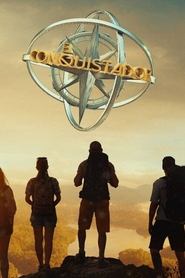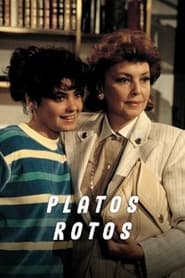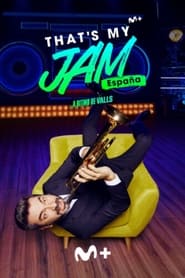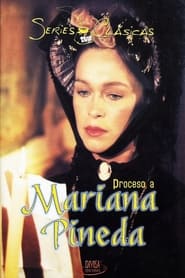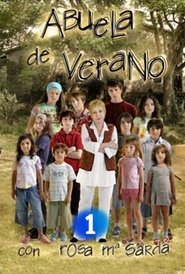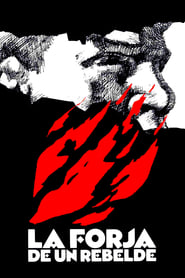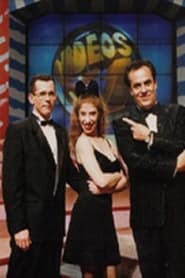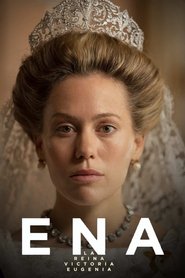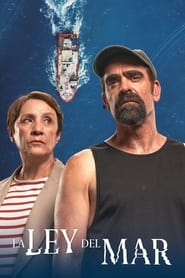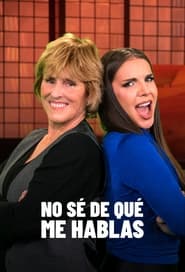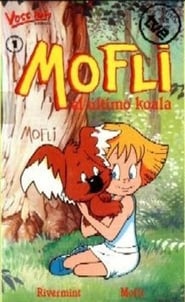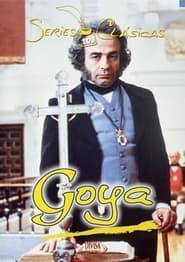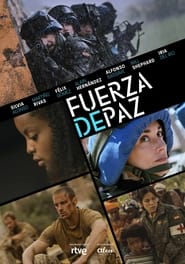La 1 TV Series - Page 9
-
Platos Rotos
1985
Platos Rotos
1985
Series of 13 chapters that narrates, humorously, the daily life of a family made up of Carmen, a separated woman and owner of a restaurant, her mother-in-law and her daughter. The tangled situations are complicated by the presence of Carmen's ex-husband, and Loli, a girl with a cheerful life and neighbor of the family. -
Proceso a Mariana Pineda
1984
star 5Mariana Pineda is a liberal activist in 19th Century Spain who gets arrested and tried for conspiracy in 1831. -
Cena Con Mamá
2019
Cena Con Mamá
2019
-
Néboa
2020
star 4.7As it had happened before, a body appears on the first night of the Carnival. The locals are sure this the work of "Urco", and that more murders will follow until the festival is over. -
La Forja de un Rebelde
1990
star 4.5An autobiographical account that is also the history of Spain during the dark years of the first half of the twentieth century. Spanish writer Arturo Barea (1897-1957) narrates his childhood in Madrid, his harsh experiences in Morocco during the Rif War and his political commitment to the Republican side during the Spanish Civil War. -
Vídeos de Primera
1990
Vídeos de Primera
1990
-
Ena
0000
Ena
0000
-
La vida de Rita
2003
La vida de Rita
2003
-
Lorca: Death of a Poet
1987
star 5.4Lorca, a great Spanish poet, playwright, and theatre director. García Lorca achieved international recognition as an emblematic member of the Generation of '27. He was executed by Nationalist forces at the beginning of the Spanish Civil War. Nickolas Grace gives a fabulous interpretation in the title role and he even bears a remarkable resemblance to Lorca. -
The Law of the Sea
2024
star 6.2On July 14, 2006, the crew of the fishing boat Francisco y Catalina finds a skiff adrift in Mediterranean waters with several African immigrants on board. -
Mofli, the Last Koala
1987
star 4.7Dr. Fool, an explorer, reveals to the world the existence of the last koala in the forest of Rivermint, a little town in Australia. As soon as the news of the discovery is spread, Trombonetti, master of a circus, and his assistant Paolo, decide to go to Rivermint to capture the koala for their circus. At the same time, Rebeca, her grandfather and their personal hunter Iván, want to capture Mofli and make it a trophy. But Corina and Bruno will fight against all to help their dear friend of the forest. -
Hoy no, mañana
2019
Hoy no, mañana
2019
-
El Jardín de Venus
1983
El Jardín de Venus
1983
-
Maestros de la costura: Celebrity
2025
star 6Twelve celebrities stand in front of the sewing machine under the watchful eye of Lorenzo Caprile, María Escoté and Alejandro G. Pigeon. Despite their successful careers, the jury will not be easily conquered and will require commitment and work.
